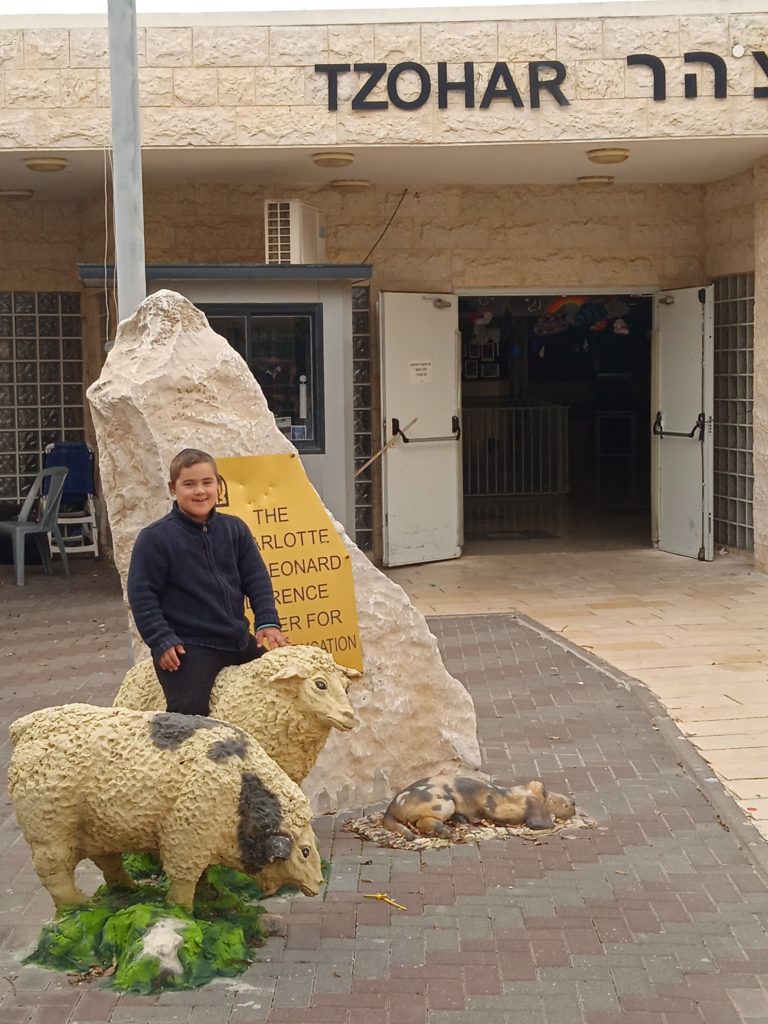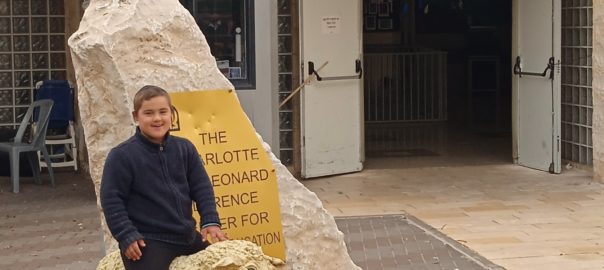In recent months, it seems my only opportunity to write is when I’m up in the middle of the night which thankfully doesn’t happen often, so I’m taking advantage of a pounding headache to catch up here with you!
After I shared about some difficulties in having my eight year old out of his school framework for the last nine months, someone asked me if I considered sending him to school. The answer is yes, I have considered it. I don’t see homeschooling as ideal for him at this point, because so much of my energies are used in management rather than actually doing the things I’d like to be doing with the boys.
However, I’ve felt stuck when considering the school options available locally, and also stuck because my two youngest boys with T21 are doing so well at home. Ironic that them doing so well is part of the challenge that makes it hard to send them to school, isn’t it? If they weren’t doing well, anything would be better, but I’d like to build on their success.
I’m going to try to consolidate years of thinking about this topic into one post and will undoubtably end up sounding simplistic. I have SO much to say about every aspect of this but I’m going to just stick to the briefest of bullet points.
It’s important for a person with a disability to be included as much as possible in normative life – we all learn from interacting with others, how to interact with others. My expectations for my children with T21 are the same as for all my kids, and I want them to be in an environment that would best prepare them for life. To me, that has meant pursuing an inclusive school environment rather than special ed.
However…they have needs that are different that need to be understood and honored in order for inclusion to be meaningful. If there isn’t an understanding or desire for inclusion to happen, then it’s effectiveness will be limited. This is the huge challenge in the world of inclusion.
I don’t believe that competitive environments serve children well, generally speaking. What is most important is a safe and supportive learning environment, where a child’s natural pace and internal desire is honored and appreciated. As a result when faced with a choice of various school options, I’ve generally chosen the less demanding educational framework for all of my children. (That’s a surprise for many who have asked me why my kids are such strong motivated learners!) Motivation comes from the inside and can’t be externally demanded, and a person must feel inner ‘rest’ (to use a Neufeldian term) before he will naturally seek more challenge.
So what does this mean regarding inclusion? The child with a disability in an inclusionary school setting is being expected to participate in a normative setting socially and academically. Ideally, this can be very stimulating and healthy.
It can also be a tremendous pressure. Pressure for the child, to constantly feel different and inadequate, to be working his hardest to barely keep up. To feel like his best is hardly cutting it. And I continually ask myself, is this the environment that will be most supportive of him emotionally, that will allow him to feel he is enough as he is, that he doesn’t have to prove himself? Can his many strengths be appreciated, or even noticed in that environment? Will his successes and hard work be recognized, or will he constantly be expected to do more and work harder?
———————————–
Let’s look at something entirely different: people making aliyah.
I’ve just recently moved from the most popular destination for people making aliyah – RBSA. Why is it so popular? Because English speakers can feel comfortable with lots of others who speak their language and understand their cultural mentality. Why does that matter? After all, if you’re an capable adult, then learn the language, get familiar with a different culture and integrate. That’s the ideal, right?
Right. And also, not right. Because we seek the comfort of being known and understood by those who ‘get’ us. Most of us don’t want to live in a state of unremitting challenge.
Recently a neighbor invited me to a small gathering of women; four of us were English speakers and one was an Israeli who understood English. At one point, the Israeli expressed her frustration that even though she understood what we were saying, she wasn’t getting the nuances and understanding the jokes. It was a lot of work and tiring for her to try to follow all that was going on, and she felt out of place despite our welcoming her completely.
———————————–
Back to inclusion. I want my children – all of them – to have meaningful relationships with others. To have people who get them, who speak their language. I want them to be appreciated, as they are right now. Sometimes we stretch them with stimulating opportunities, but I don’t want them to live in a constantly stretched state.
So my belief in inclusion, the reality of inclusion (at least where I live), and my deep conviction as to how children best develop have been somewhat in conflict.
Yirmi really needs interaction with people outside of our family and neighborhood, and the local school options weren’t a good fit. Several weeks ago, I went to visit a special ed school that is an hour away. I had heard very good things about it, but you can imagine that after years of being pro-inclusion that it was quite a mental adjustment for me to consider this. And I really didn’t want to send him so far away (though for perspective, he spent forty minutes on his bus to the school that was just a fourteen minute drive from our home).
The school was wonderful. Surprisingly, it was a better fit for what I was looking for than anything I considered in the center of the country, where there are supposedly so many options. (A friend in the north told me it’s a state of the art school that is considered one of the best.)
The facilities are amazing; the staff members were so warm and genuine in their interactions with Yirmi. We had a tour of the facilities, and at each room we went into (computer room, ceramic studio, gym, commercial kitchen, vegetable garden, petting zoo), Yirmi was the first one introduced to each teacher and Yirmi was the first one every staff member addressed. Their respect for and understanding of how to speak to a child with T21 (no talking down or overly simplifying) came through with every interaction.
I love the special three wheeled bikes they provide so older kids can ride independently even before they transition to two wheelers; the area where they ride bikes has been built as a model of a street corner, with a traffic light, traffic circle, bus stop and crosswalks, so that children are practicing road safety every time they are biking. I also appreciate that they have a Snoezelen sensory room, animal therapy, music therapy and hydrotherapy (in addition to the typical therapy options).
Yirmi was so happy to be there. It was very emotional for me to see how filled up he was by doing the assessment, visiting the different areas and interacting with the staff. I know that it’s been really hard for him to be so socially limited since we moved and his excitement was palpable.

They couldn’t tell me if they had room for him before meeting him, since there are multiple classes and placement is based on ability. They were impressed with both Yirmi and Rafael (who came along with us, naturally), and the principal said a couple of times it’s obvious how much we’ve invested in them, that they both have ‘high abilities’ (I prefer this terminology to ‘high functioning’).
Yirmi was able to visit the class he would be in, and was introduced to the other six other boys between the ages of seven and eight; at a quick glance it looks like five have T21. They teach reading using the McGuinness method, which I think is wonderful, and I’m glad he’ll be continuing to progress academically.
When he was asked if he wanted to go to school there, he enthusiastically said he did, and Rafael emphatically pointed to himself and insisted, “Me, me!” He also wants to go! (The group for his age is full, though, and as soon as Yirmi is settled, I’m going to find something close to home for him – his registration from September for a local preschool fell through the bureaucratic cracks when his file was lost, and it’s unclear if they still have room for him in the preschool that I originally signed him up for.)
Students can attend until the age of 21, and I appreciated seeing the older students as I passed them in the corridors. They didn’t present as the limited special ed ‘outcome’ that I had been concerned about. It was the opposite, actually.
So what does this mean for us? We completed enrollment and Yirmi was set to begin three weeks ago, but the local municipality has yet to arrange transportation for him to get there. That could have been done very quickly (since there are students from our area who already travel there) but hopefully at some point next week it will be in place.
Going back to school has been long overdue, and Yirmi is going to love it! I’m so relieved and grateful to have found a really good option that will provide a warm and stimulating learning environment for him.
Avivah
